Artificial Intelligence
The future of AI starts here

Leaders in the Next Industrial Revolution
Oregon State has a long history of excellence in Artificial Intelligence, going back to the early days of computer science. Hailed as “the next Industrial Revolution,” AI is making contributions to all areas of science, engineering, and the humanities. Our program, like the field itself, is truly multidisciplinary, fostering collaborations across the university and with industry.
Many of our faculty are part of Oregon's robotics institute, the Collaborative Robotics and Intelligent Systems institute (CoRIS), with the goal of leveraging AI to improve robotic system capabilities. Our faculty also specialize in issues related to security and ethics.
Degree Types
Locations
Corvallis
Our Faculty
Explore our faculty's expertise and research.
Contact our industry relations team to discuss partnerships and other opportunities.
Faculty Research Areas
Our AI and robotics research includes perception and interpretation of sensor data, learning about environments, decision making, automated planning and reasoning, and interaction with humans.
AI and Robotics
Theory, algorithms, and systems for making decisions in complex environments
Pioneering AI Education in the U.S.
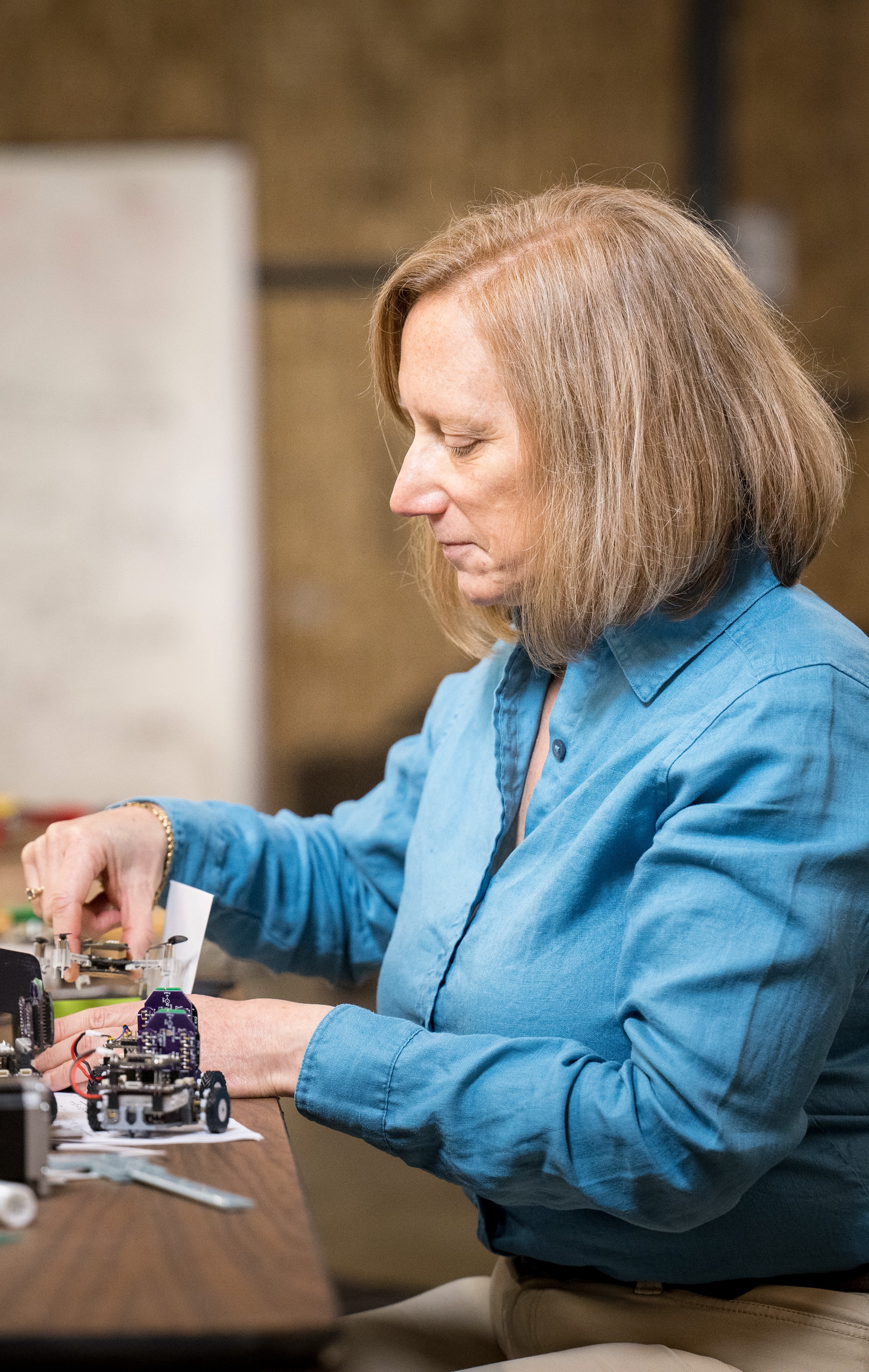
First in the U.S.
Oregon State University is the first institution in the country to offer both master’s and doctoral degrees in AI.
- AI M.S. students collaborate with industry partners on capstone projects
- Grad students work with any of 32 core faculty members focused on AI
- At Oregon State, there is high overlap between AI and robotics faculty research
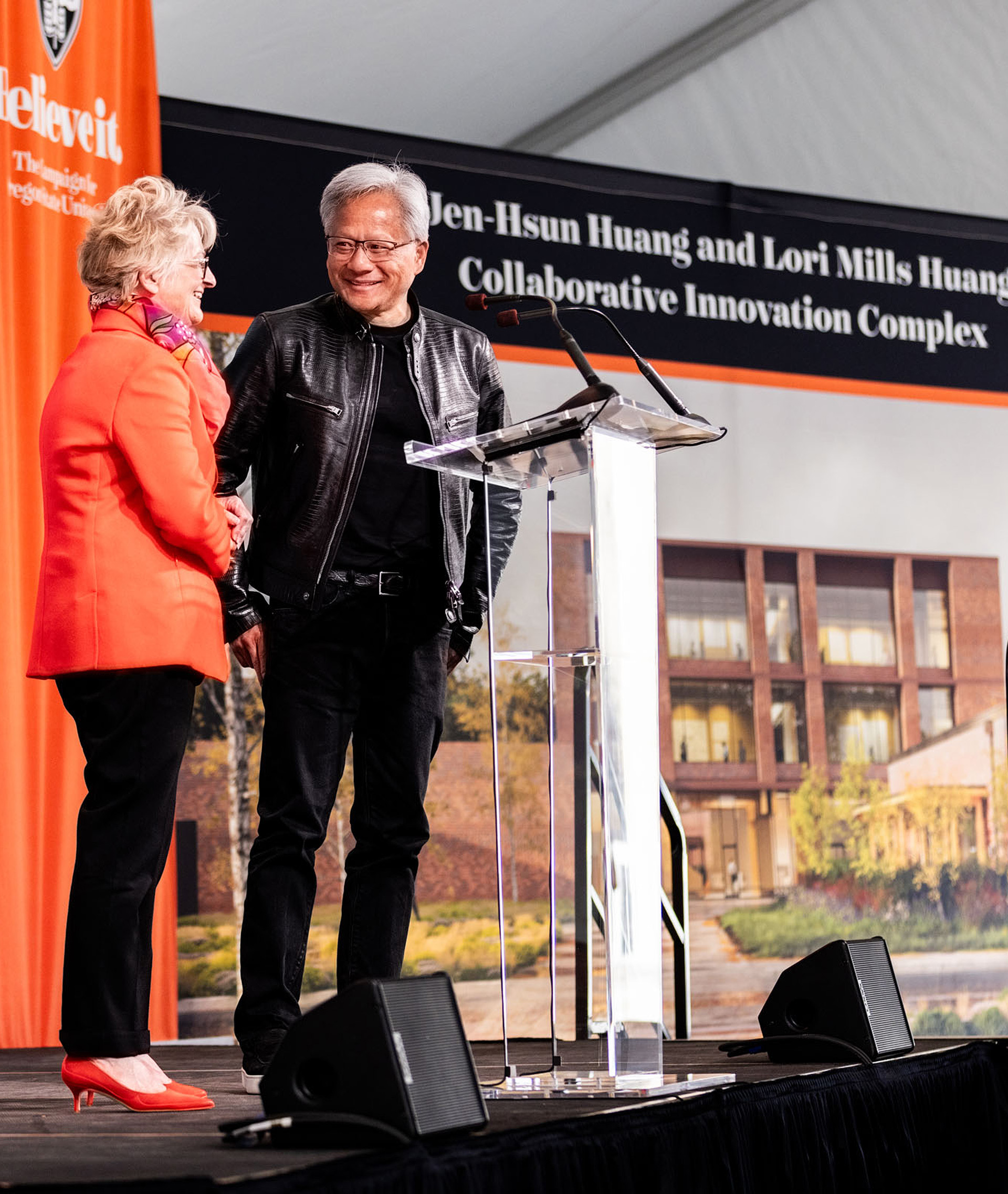
New home for collaboration, innovation
The Jen-Hsun Huang and Lori Mills Huang Collaborative Innovation Complex will be a dynamic research and teaching facility.
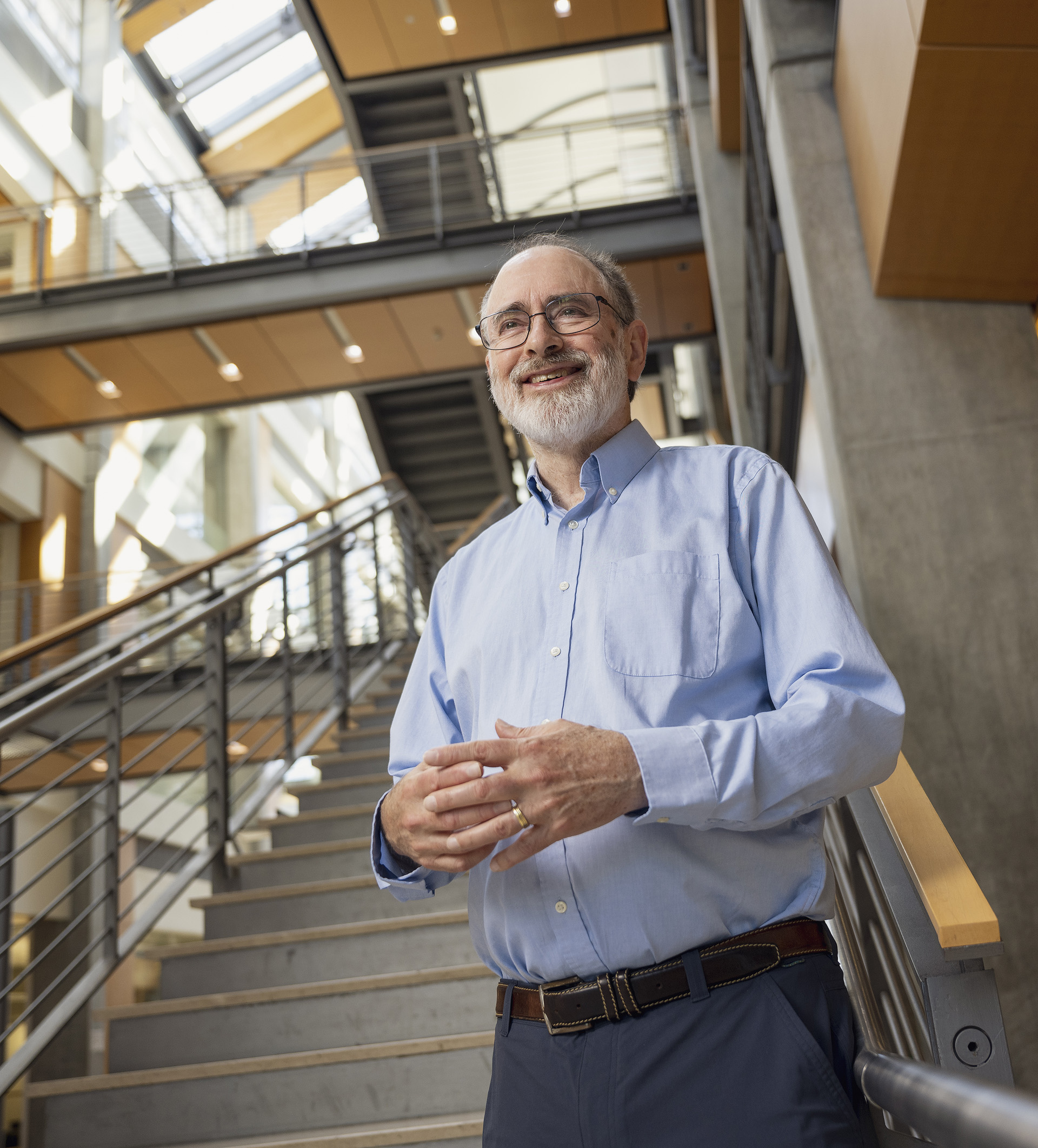
AI pioneer
Tom Dietterich is an expert on sequential decision-making and the safe deployment of machine learning.
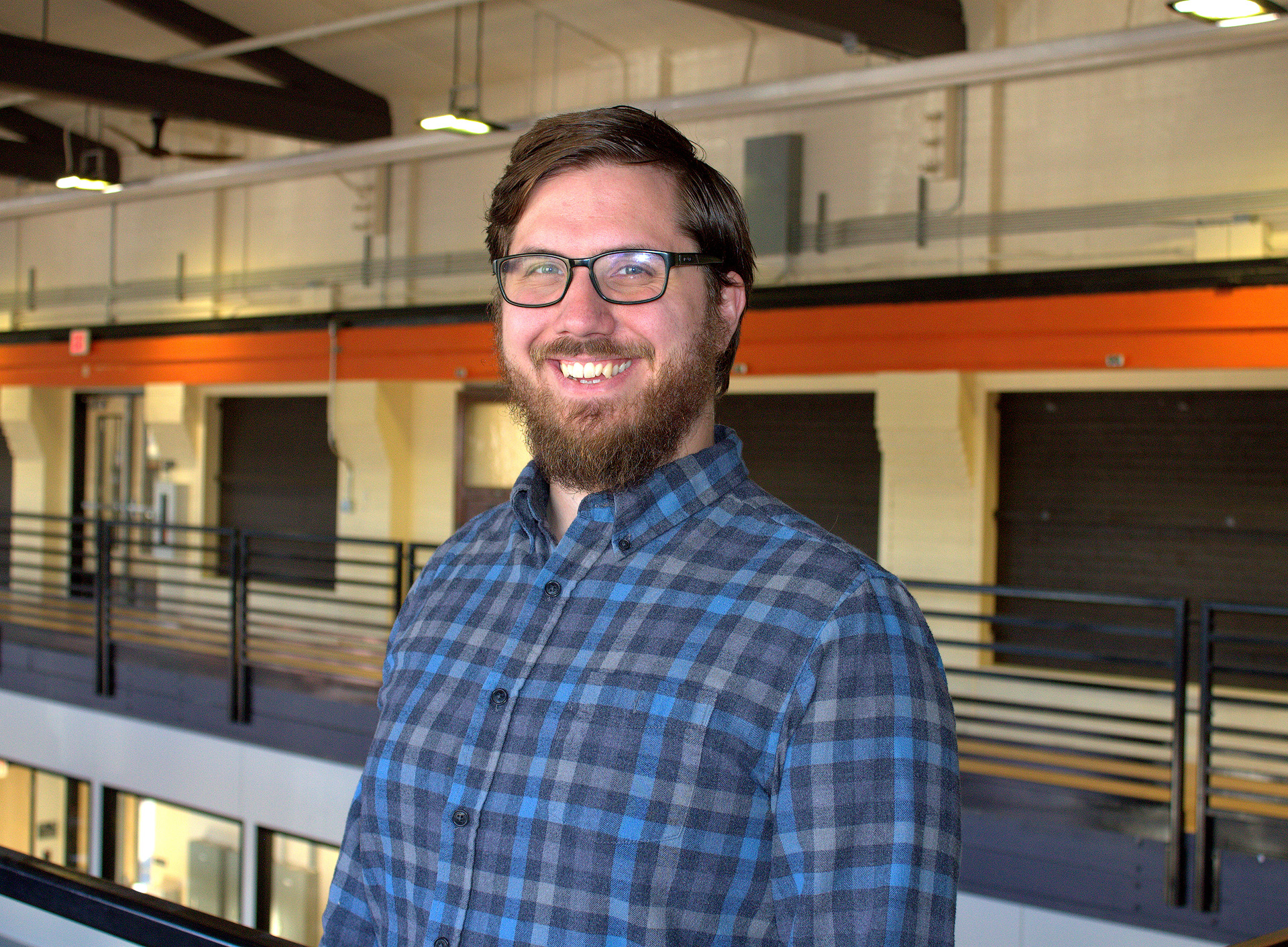
Degree Types
Locations
Corvallis
Our Faculty
Explore our faculty's expertise and research.
Get in Touch
Partnerships
Contact our industry relations team to discuss partnerships and other opportunities.
Collaborating to solve national problems

AI Caring Institute
Oregon State is among seven universities working with Amazon and Google to improve quality of life of older adults.
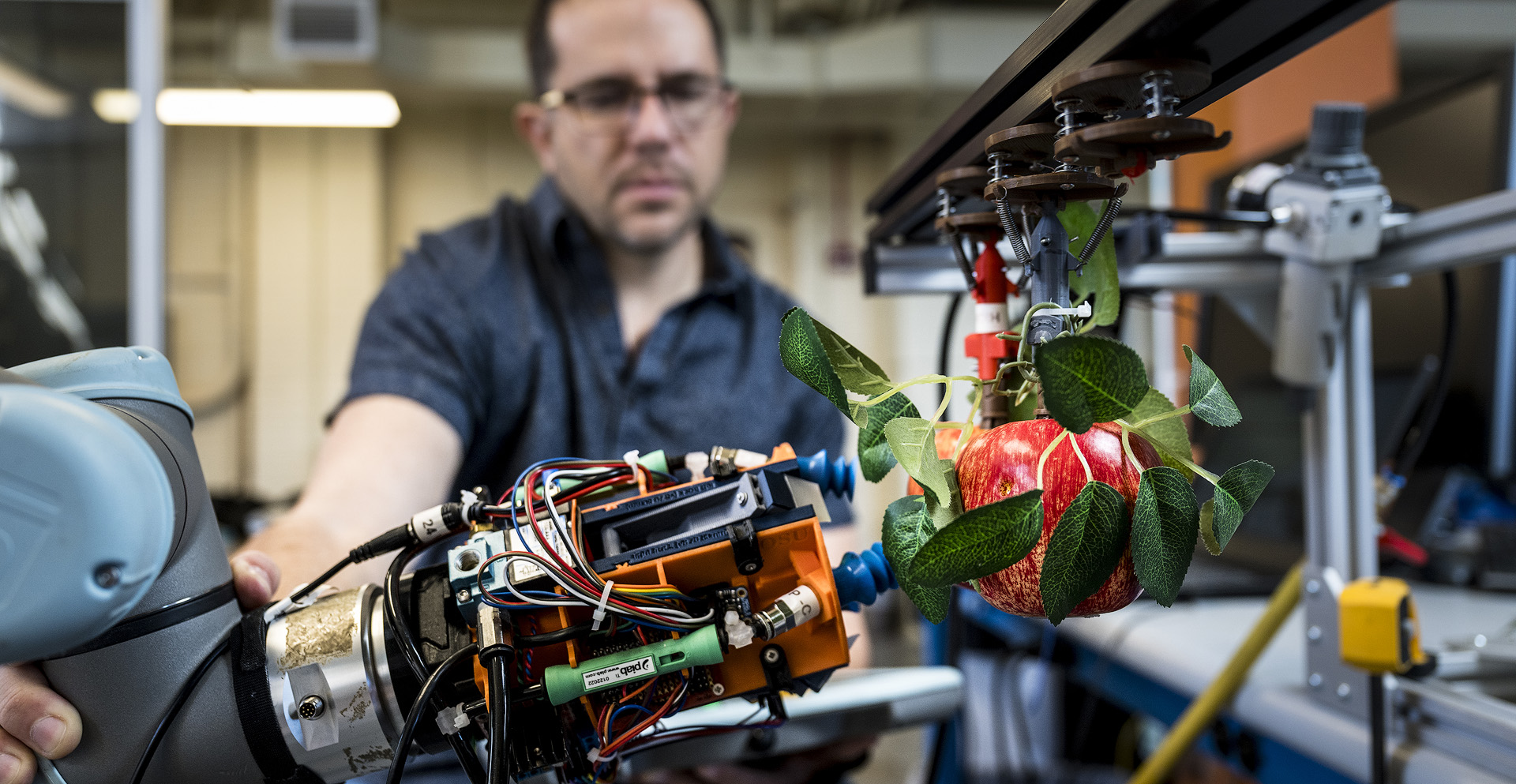
AgAID Institute
Oregon State is part of a coalition employing AI to find solutions for global agricultural challenges.


